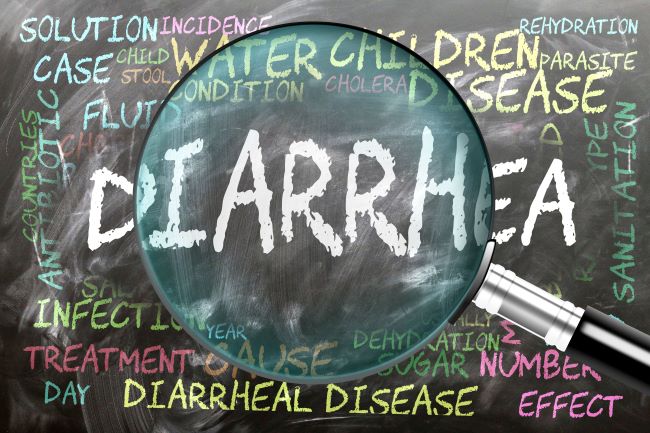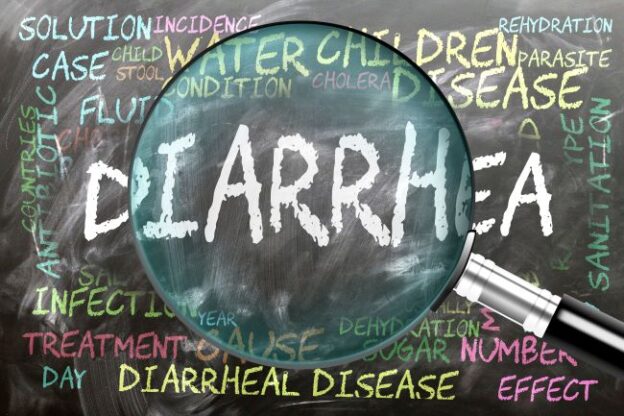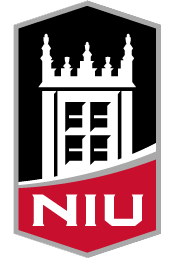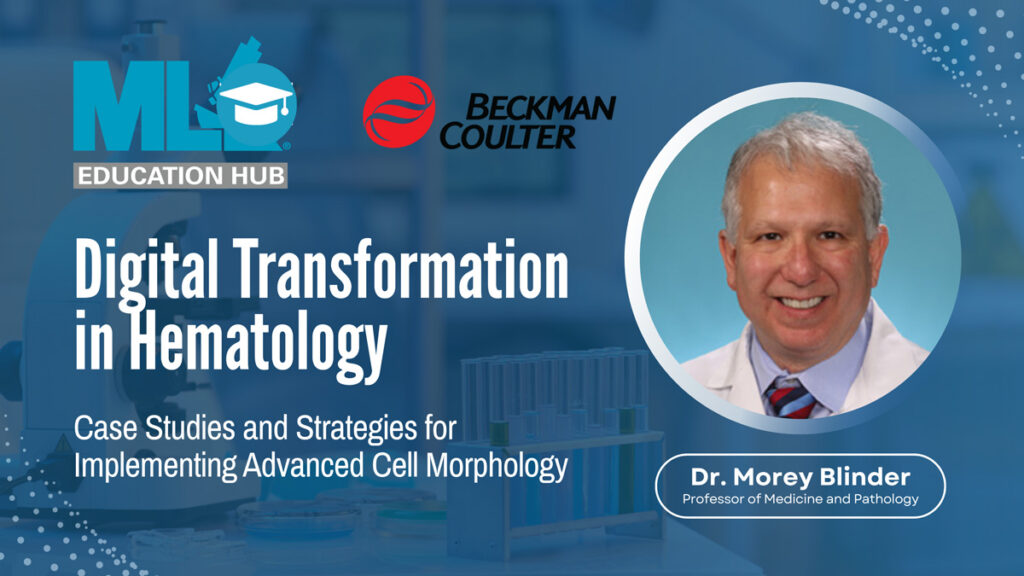By David Allen, PharmD, BCIDP
Diarrheal disease is a significant cause of morbidity and mortality, with the World Health Organization ranking it as the third leading cause of death in children under five years old globally. While acute gastroenteritis is infrequently fatal in the United States, it still poses a significant challenge to healthcare systems as a common and costly cause for healthcare visits. One of the key difficulties in managing acute gastroenteritis is that the recommended treatment is usually supportive care despite significant symptoms affecting quality of life. This can often lead to pressure from patients who expect more from diagnostics since COVID-19 and who desperately want reassurances that everything is being done to identify the cause of their disease in hopes of a quick return to normalcy.
LEARNING OBJECTIVES
Upon completion of this article, the reader will be able to:
- Discuss GI disease healthcare statistics and testing strategies.
- Describe the benefits of molecular testing in the diagnosis and management of GI diseases
- Describe molecular panel sizes and the benefits and limitations of each.
- Discuss diagnostic strategies and the reimbursement challenges that contribute to limitations.

David Allen, PharmD, BCIDP is a Field Medical Director at bioMérieux. In this role, he works with key opinion leaders (KOLs) from large Integrated Delivery Networks and National Accounts on bridging the gap between the patient care needs of these KOLs and the pipeline development process. He is a graduate of Virginia Commonwealth University School of Pharmacy and previously practiced as an Infectious Diseases Clinical Pharmacy Specialist, with the majority of his time as the lead pharmacist for the antimicrobial stewardship program at the Inova Health System.





